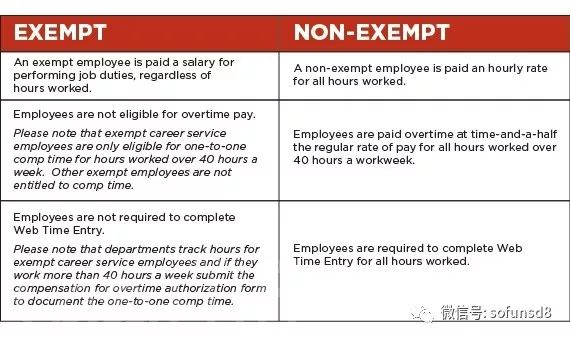随着人工智能的崛起,就业市场正经历着前所未有的变革。这一技术进展不仅改变了传统的工作方式,还催生了大量的新就业机会。从数据分析、机器学习,到自动化和智能系统设计,AI的发展为求职者提供了广泛的就业领域和机会。预计未来将有更多与AI相关的职业涌现,为劳动力市场注入新的活力。
In the rapidly advancing technological landscape, artificial intelligence (AI) has emerged as a transformative force, disrupting traditional industries and creating unprecedented opportunities in employment. The AI revolution is not only automating complex tasks and enhancing productivity in various sectors, but it is also opening up a wide range of job opportunities that require innovative thinking and technical expertise.
Firstly, the growth of AI has led to the creation of numerous new job roles. As AI systems become more complex and sophisticated, there is a growing need for professionals to design, develop, and maintain these systems. The demand for data scientists, machine learning engineers, and AI architects is increasing rapidly as they play crucial roles in shaping the future of AI-driven technologies. Furthermore, the rise of AI is also leading to the emergence of new fields such as natural language processing, robotics, and autonomous vehicles, creating a vast array of job opportunities in these areas.
Secondly, AI is enhancing productivity and efficiency in various industries, leading to the creation of more jobs. In the manufacturing sector, AI-powered robots are automating repetitive tasks, allowing humans to focus on more complex and creative work. In healthcare, AI systems are aiding in diagnosing diseases, predicting patient outcomes, and managing medications, leading to better patient care and more job opportunities for healthcare professionals. In addition, AI is also revolutionizing the financial industry, improving customer service, risk management, and investment strategies, creating more jobs in banking, insurance, and other financial sectors.
Thirdly, AI is leading to the emergence of job roles that require a blend of technical and creative skills. As AI systems become more integrated into our daily lives, there is a growing demand for individuals who can integrate AI into business operations and develop innovative solutions using AI technologies. Job roles such as AI consultants, data analysts, and AI product managers are becoming increasingly popular as they require a combination of technical knowledge, analytical skills, and creative thinking to develop and implement AI solutions.
However, while AI creates new job opportunities, it also poses some challenges. The rise of automation could potentially displace some jobs, requiring individuals to upskill and reskill to adapt to the new job market. To address this challenge, it is crucial to invest in lifelong learning and provide relevant training programs that help workers transition into AI-related jobs. Additionally, policies and regulations are needed to ensure that the benefits of AI are shared across society and protect workers from the potential risks of automation.
In conclusion, the rise of artificial intelligence has created numerous employment opportunities in various sectors. It has not only led to the creation of new job roles but has also enhanced productivity and efficiency in various industries. However, to fully harness the potential of AI in employment, it is crucial to invest in skills development, provide relevant training programs, and implement policies that protect workers from the potential risks of automation. As we embrace the future of AI, it is important to recognize that AI is not just a threat but also a catalyst for creating new job opportunities and driving economic growth.
In summary, artificial intelligence has opened up a wide range of employment opportunities in various fields such as data science, machine learning, robotics, and many more. It has not only created new job roles but has also enhanced productivity and efficiency in various industries. To adapt to the changing job market, individuals need to upskill and reskill themselves with technical and creative skills. Moreover, it is crucial to invest in lifelong learning, provide relevant training programs, and implement policies that protect workers from the potential risks of automation. As we move forward in this technological revolution, it is important for governments, organizations, and individuals to work together to harness the full potential of AI in creating sustainable employment opportunities.




 京公网安备11000000000001号
京公网安备11000000000001号 京ICP备11000001号
京ICP备11000001号
还没有评论,来说两句吧...